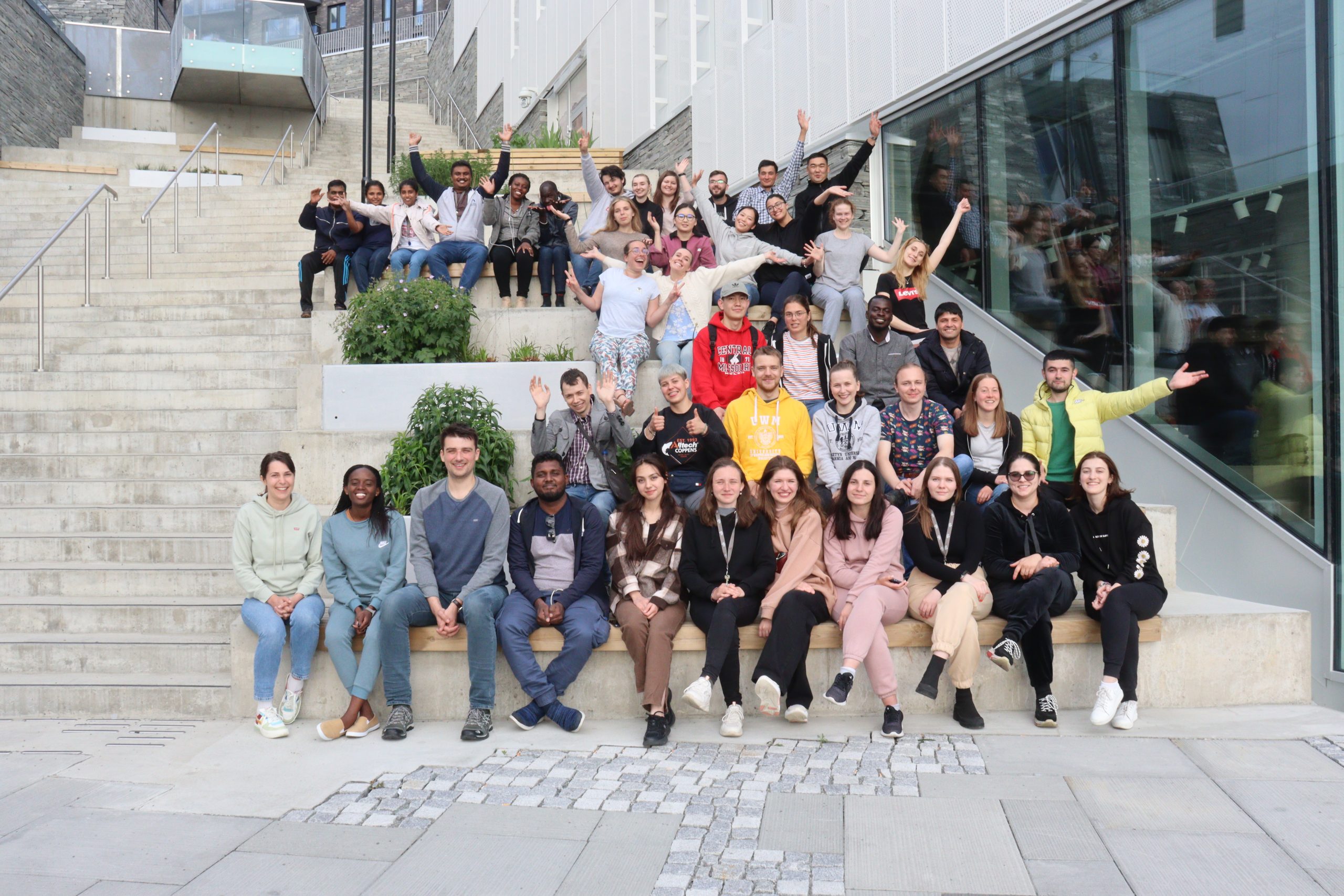Summer School consisted of studying two courses:
-
ТНТ 311 Water Resources Management and Treatment Technologies (10 ECTS)
-
THT 312 Water Management in Cold Climate (5 ECTS).
Water Management in Cold Climate course at University centre in Svalbard (UNIS) at Spitsbergen.
Svalbard is an island beyond the polar circle, close to the northern Pole. Population of Spitsbergen counts near 2,5 thousands people, at the same time population of polar bears counts more than 3 thousand. In the middle of summer average air temperature is near 5 degrees and the sun is shining round-the-clock, that is why it was really special and even exotic place for studying.
Studying was quite intensive: lectures were held every day from 9 to 17 o’clock on different relevant topics related to drinking water and wastewater treatment in cold climate areas. In particular: wastewater as one of the main pollutant of arctic aquatic resources, centralized system of wastewater treatment in cold climate areas, natural wastewater treatment systems in cold climate, decentralized system of wastewater treatment in cold climate, water supply in cold climate, modern wastewater treatment systems.
ТНТ 311 Water Resources Management and Treatment Technologies.
The study is performed at the Norwegian University of Life Sciences (NMBU) in Ås.
The main topics of the lecture course were: methods and technologies of wastewater and drinking water treatment, systems and networks of water supply and wastewater, water and wastewater reuse, sewage sludge processing and utilization. Also, it is admitted that wastewater could be considered a resource.
In addition to lectures, practical and laboratory classes are performed. In practical classes students briefly learn STOAT software, which performs modeling of wastewater treatment plant. Labs are conducted separately and by groups of students.
Students had to pass an examination, which was conducted in the form of online tests. After completing the course, students must prepare a course paper, which could be developed according to established requirements using lecture material and English-language scientific literature. To do this, all the students had access to relevant sources of many scientific literature databases, in particular Scopus and Web of Science.


